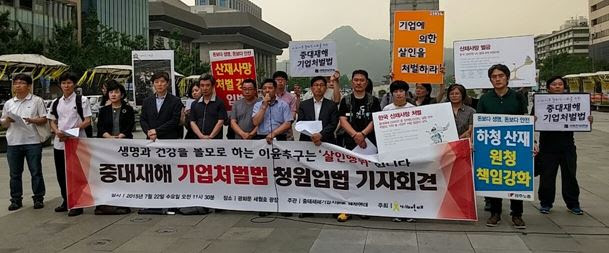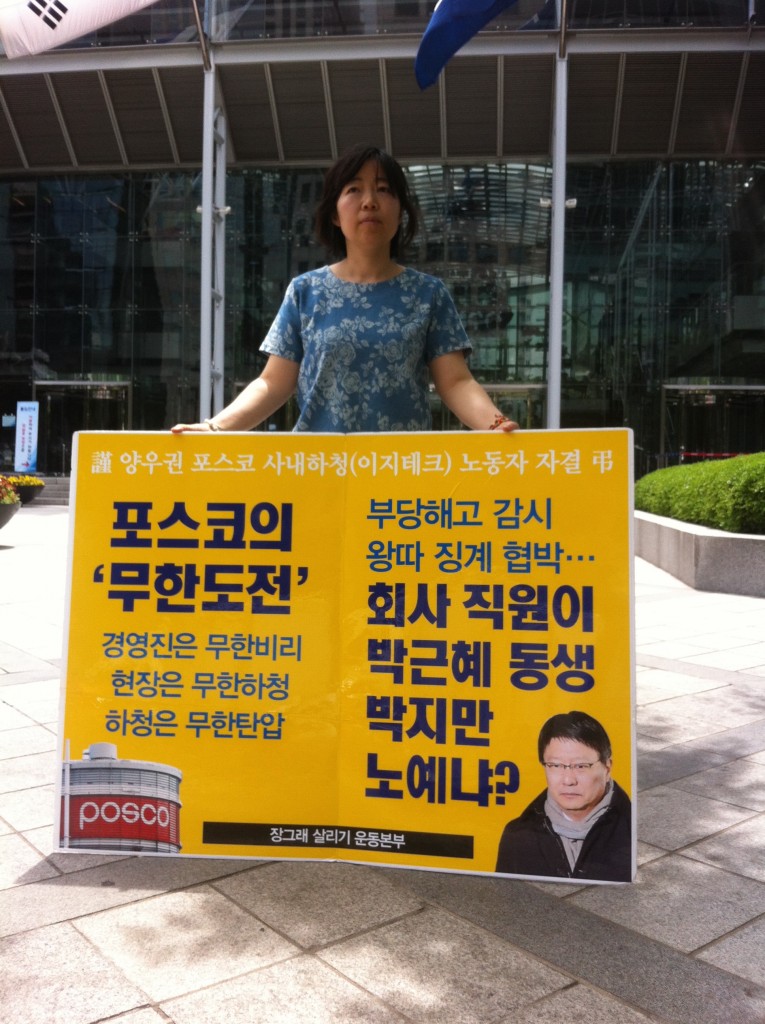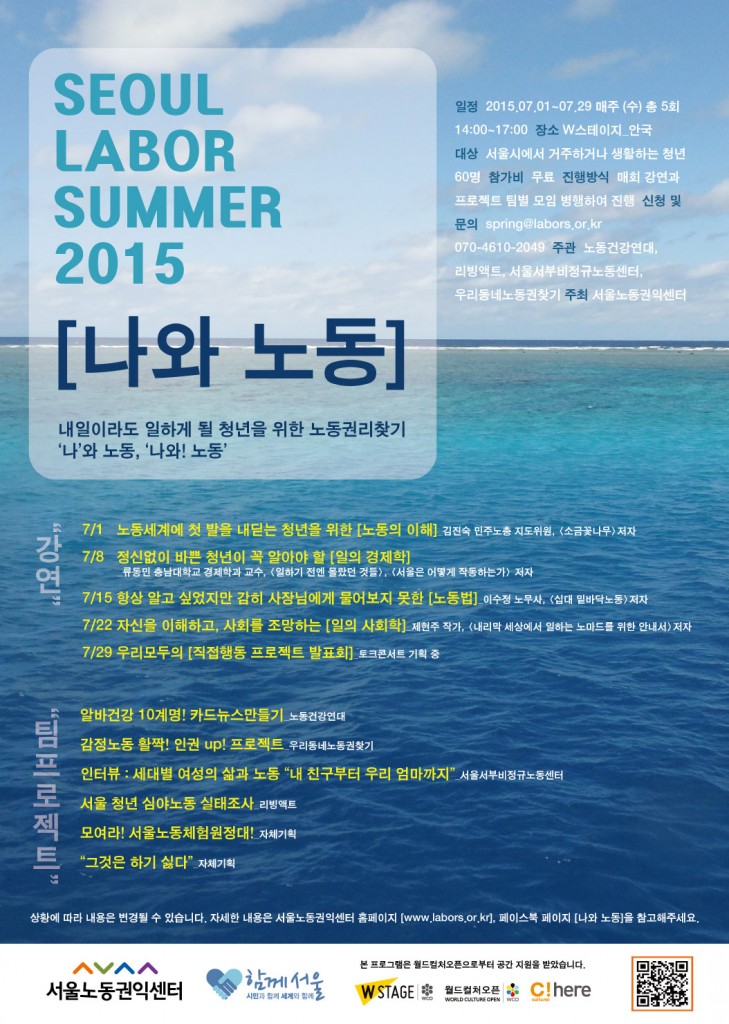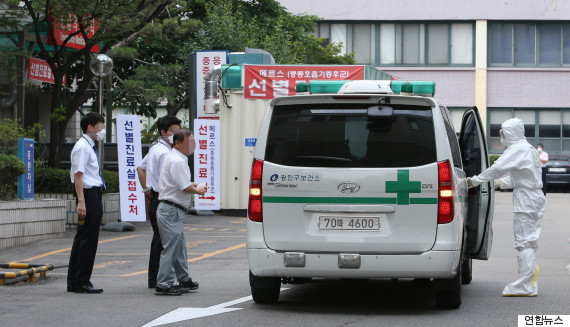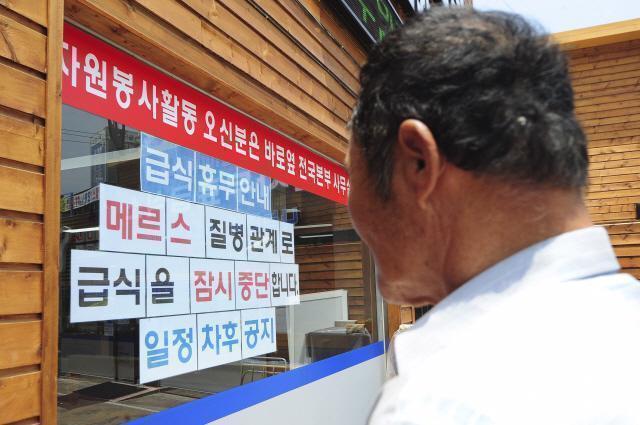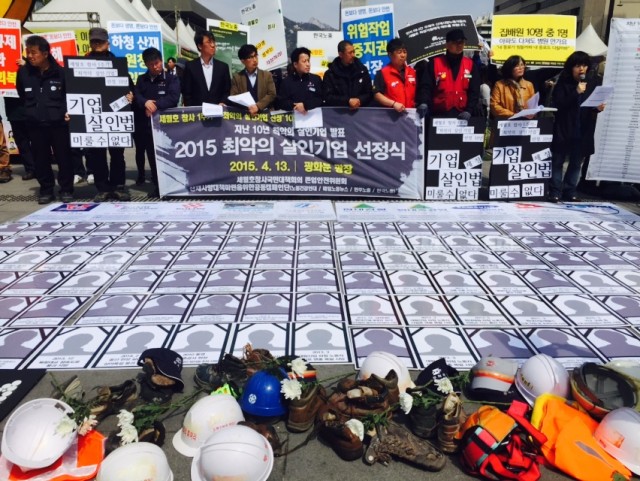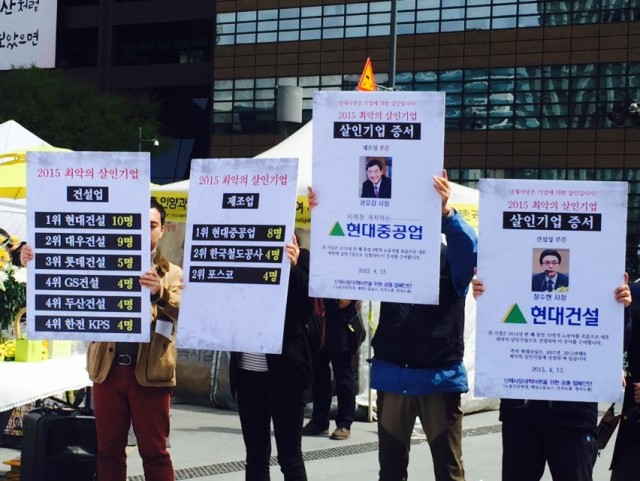Newsletter from Health Right Network (2015. July/August)
#1. [Press release] Searching for excluded voice of people about MERS
On July 28th, Park Geun-Hye administration declared ‘de facto end’ to the outbreak of Middle East Respiratory Virus (MERS) as there had not been a new infection since 4th of July. Even though it was not official end not fulfilling the criterion of 28 days without the evidence of new infection, which is twice the incubation period of the virus, the administration asked public to shake off all concerns over MERS and to resume normal daily activities including economic, cultural, leisure and school activities.
Without appropriate apologize for much-criticized response to the outbreak which has infected 186 and killed 36 people in South Korea, the administration tried to cover up the damages people suffered by making a small amount of supplementary budget. Graver thing is that the government is not showing any responsibility to improve fragile national quarantine system and to overcome incapacity of the state to protect their citizen from deadly emerging diseases. Moreover, there are many stories marginalized by the government.
To accuse the irresponsibility and negligence of government, we should gather the voice of people who has suffered from MERS outbreak. There are many resentful voices not expressed. Thus, Health Right Network and People’s Health Institute is collecting direct to indirect damage cases of MERS.
(Article of relevance: http://www.bbc.com/news/world-asia-33684981)
#2. [Statement] Pity for the minister appointment as a follow-up measure of MERS outbreak, nominating those who support health care privatization
On responsibility for failing to properly cope with MERS outbreak, Park Administration replaced Minister of Health Moon Hyung-Pyo to Chung Chin-Youb as well as pointing out Saenuri Party lawmaker KimHyun-Sook as senior presidential secretary for employment and welfare replacing Choi Won-Young. These two newly appointed figure had been propelling privatization of health care, which claimed economic growth prior to health and welfare of the people. We rally against Park Administration for ridiculing the people they serve by appointing business-friendly people and derelicting in their duty to look after damages and suffrages of MERS outbreak. We, Health Right Network, thus urge the government to withdraw these appointments which will sacrifice people’s health as a bait for economic growth.
#3. [Remark] There is something more than limiting coverages to those failed to pay health insurance premium. Defaults due to hardships of life should be solved in the other ways.
National Health Insurance Service (NHIS) announced subjects of limitation on insurance coverage to defaulters would be expanded starting from August 1st, by expanding the penalty to people who have yearly income over 20 million won (around 17,000US dollar ) or possessed the asset more than 300 million won (around 255,000 US dollar). As previous “large defaulter coverage limitation” had been applied to those with yearly income over 100 million won or asset more than 2 billion won, this action will expand the target of coverage limitation from 1,494 to 27,494 households (around 18-fold increase).
The problem of this plan is first, there is not much known about the present situation of defaulters. We cannot find out intentional defaulters only based on the level of income and asset.
Secondly, as government had been approaching premium default cases just for increasing their financial securement, defaulters due to actual hardship of life had not been receiving any appropriate assistance or attention.
Thirdly, with National Health Insurance (NHI) premium imposition system reform, the government decided to impose 16,000 won even to households with less than yearly income of 5 million won. Though the government claimed for improvement to achieve the financial equity in premium collection, there is no effort to support those who cannot pay premium at all. In Korea, the population of medical aid beneficiary is lower than 3% of total population, which is very low compared to other OECD countries. Considering this situation, the government should not just impose single fee for the poor, but prepare some assistance for the low-income population, such as switching the households with low income to beneficiary of medical aid.
Fourth, allowing for the purpose of NHI securing people’s health right and guaranteeing health care access to those whoever sick, we should reconsider the righteousness of limiting the coverage. Reasonably, NHI benefit can be considered as corresponding service to the insurance premium. On the other hand, NHI is an institution pursuing social solidarity and security, partly financed by general budget of the government. Thus, restricting coverage based on the status of premium payment is absolutely not desirable. Raison d’être of NHI is not mandating people to pay premium who do not have the ability to pay, but securing health right of the people.

